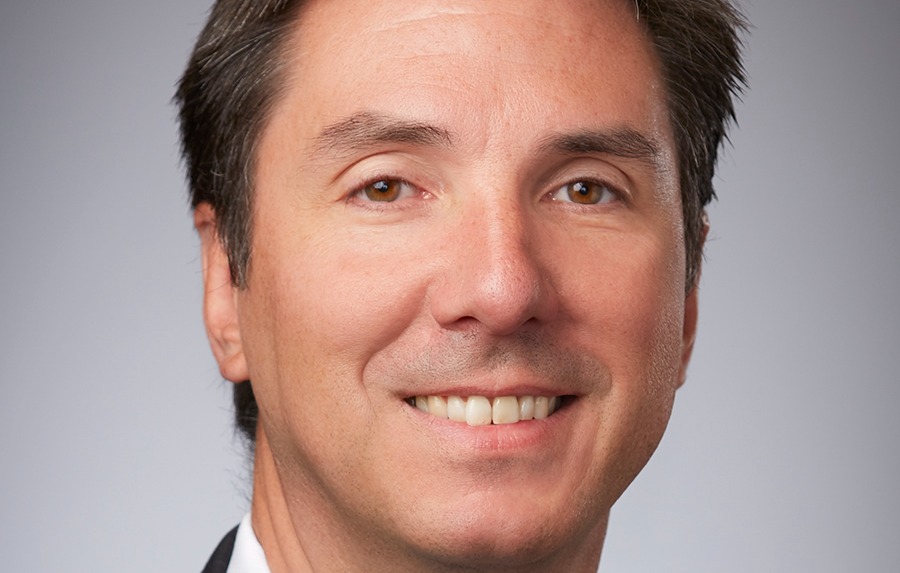Facing the combined impacts of the pandemic, escalating economic inequality, bitter political partisanship, social unrest and harsh climate change realities, Americans are engulfed in a tidal wave of turmoil. This tumult has prompted a rethinking of how we live, work, and play—compelling many to change jobs or leave the workforce.
Companies are struggling to retain their talent, and turnover is one more disturbance to our workers. This exodus is far from over. Employee stress levels continue to rise, and with millions of jobs added to the economy in recent months, many of our workers can take their experience and skills elsewhere.
To retain our employees and then lead them into the future, we must go deeper into what they need from us as senior leaders. What are we not providing that they need? We must ask these probing questions and critically assess our shortfalls now. If we don’t, we will be ill-prepared for the next tidal wave that is coming.
Is Your Company Prepared to Lead Through the Enlightenment Revolution?
The confluence of three tectonic movements—evolving technology, an exploding gig economy highlighting personal creativity, and the changing demographics and expectations of workers—will bring about transformation on par with the first Industrial Revolution. The Enlightenment Revolution is upon us.
Like the Industrial Revolution, the Enlightenment Revolution will go beyond applying technological breakthroughs. It will impact how we live and work, with social, economic and ethical implications. And when everything changes, leadership must also change. For companies to survive this next wave of disruption, we must develop a new cadre of non-traditional leaders: Enlightened Leaders.
It is time to identify who our Enlightened Leaders will be. Who adapted to and excelled in the dynamic environment of the past years? Who led through uncertainty, delivering on both the human and business sides of the job? Who has the vision to imagine future scenarios and opportunities, the foresight to avoid pitfalls, and the courage to challenge the status quo? And who, importantly, can connect with and empower employees, can create a flexible, inclusive and purposeful culture, and possesses the heart, stomach and conscience to take action on important social, racial, economic and environmental issues?
It is also time to release managers who showed resistance to change, did not assist employees through times of uncertainty and fear, or pushed back on feedback to create a more flexible, egalitarian and purposeful workplace.
Six Workplace Trends that Necessitate the Evolution to Enlightened Leadership
The philosophy of Enlightened Leadership elevates the principles of Servant Leadership—leaders who share power, put the needs of employees first and enable employees to perform to their highest potential. Enlightened Leaders focus on values, innovation, culture, diversity, empowerment, inclusivity and taking a stake in what is going on outside the company wall by supporting the positive aspects of changing societal elements.
Enlightened Leaders are needed to manage through the intersection of three forces: evolving technology (all with internet have a platform, artificial intelligence, Internet of Things, blockchain, etc.), a burgeoning gig economy (providing creative outlets and freelancing opportunities more enticing than traditional jobs) and a progressive culture required by talented, technologically savvy, socially aware, inclusive and idealistic Millennial and Gen Z employees. Their need for purpose, connection, flexibility, expression, validation and shared values in their work lives will permanently change how organizations operate.
Fair warning to all CEOs and CHROs: We cannot stop this natural evolution. But we can get ahead of it by becoming, hiring and developing Enlightened Leaders. As a three-time CEO and General Manager, here are the six trends guiding my actions. This is the information I share when coaching executives.
1. Work must become a place with purpose. Employees are seeking more than salary and benefits, looking for connection within an organization that mirrors their values. Jobseekers are researching the positive impacts a company makes (beyond stockholder returns) and scrutinizing leaders’ support for causes and involvement in politics. The overwhelming majority of younger workers believe politicians are not up to dealing with our country’s challenges. They expect corporate leaders to provide positive leadership where politicians are falling short. Enlightened Leaders implement strategies that benefit the world as well as their companies.
2. Employees must be given a voice. Employees want to engage their leaders, and they expect leaders to listen. An outdated top-to-bottom dynamic will no longer be tenable. Younger workers need their ideas and opinions to be heard, especially if they have felt disenfranchised in the past. Enlightened Leaders are collaborative, engaging employees with two-way feedback and candor. They seek input and welcome constructive feedback. They involve and empower employees in problem-solving from ideation to resolution.
3. Work-life blend with inherent flexibility is the expectation. Enabled by technology, employees can work from anywhere. Flexibility is no longer a benefit—it’s an expectation. A standard nine-to-five arrangement with managers monitoring employees’ activity shows a lack of trust and originality. Enlightened Leaders will discard antiquated requirements of butts-in-seat for a specified number of hours in favor of measuring the quality of outcomes and deliverables, trusting employees to act as responsible adults, and allowing employees to sustainably blend work-life requirements.
4. Embracing JEDI becomes non-negotiable, a qualifier versus a differentiator. Championing JEDI—Justice, Environment, Diversity, Inclusion (aka ESG: Environmental, Social, Governance)—in the workplace will become a non-negotiable. Employees connect to these issues more than ever before. They will require company leaders to support JEDI initiatives internally and will summarily reject lip service. Companies unsupportive to JEDI in word and action will be eliminated from consideration as potential employers. Companies that espouse JEDI internally will meet the minimum standard. Companies that live and breathe JEDI internally and externally will own the point of differentiation, capturing the hearts, minds and loyalty of employees.
5. Employees are seen, treated and incentivized as unique individuals. One-size-fits-all leadership is unsuited to optimization as every employee is motivated by different incentives, leadership styles and goals. Enlightened Leaders tailor their approach to bring out the best in each employee. This adaptive approach demands more of the leader—more insight, investment and effort—yet delivers a more fully engaged workforce.
6. Leaders display their humanity and humility to connect with employees. Employees seek a sense of belonging in their company. They want to know that their leaders value and care about them, as expressed through gestures of respect, gratitude and empathy. Employees need to see that their bosses are human. They will respect their leaders because of approachability, engagement and compassion versus positional authority.
The upcoming months will require another evolution in the workplace, on top of significant changes over the past few years. As senior leaders, we have a choice: embrace the need for enlightened leadership to survive the coming revolution or ignore it at our company’s peril. The world is changing, and so must we.







